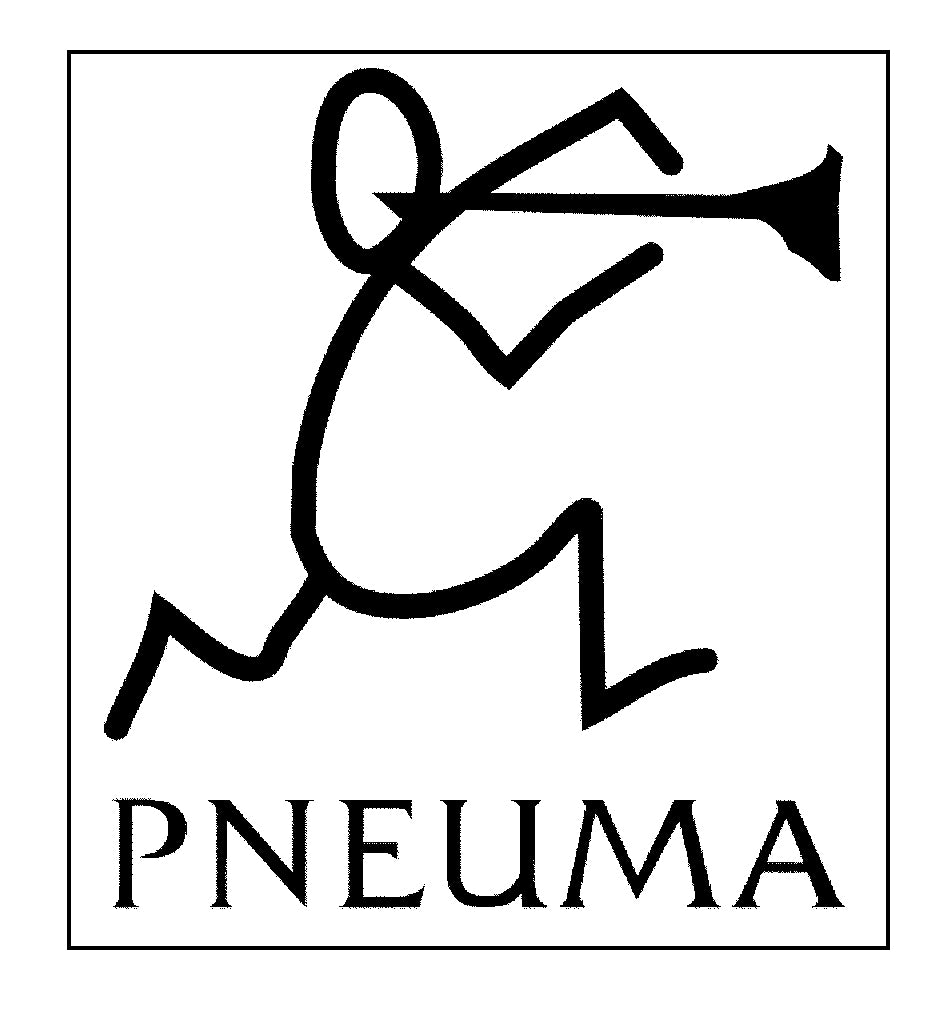EL PUENTE DE LA MÚSICA
Las tradiciones musicales del Mediterráneo son resultado de la riqueza de las relaciones humanas y factor importante para la comprensión de los pueblos y acercamiento de sus culturas. La música es una fiesta, tanto en lo profano como en lo religioso, y la del mediterráneo es plural y rica en su diversidad.
La cuenca del Mediterráneo ha acogido culturas que debido a las migraciones y el mestizaje han sido pródigas en creatividad y humanismo. También se han dado febriles actividades comerciales y sangrientas luchas hegemónicas por el poder que han producido el creciente distanciamiento económico, político y social entre las orillas norte y sur, catalizador de corrientes migratorias descontroladas, racismos injustificados y actos terroristas que ponen en evidencia el desencuentro actual entre estas culturas.
La Conferencia Euromediterránea de Barcelona 1995 quiso favorecer la construcción de un Mediterráneo en paz y prosperidad, pero el balance pasado diez años no está a la altura de las expectativas creadas por esta ilusión. En el aspecto cultural, ignorando siglos de contactos y mutuas influencias, sentimos aún prejuicios y estereotipos que marcan las relaciones individuales. El Mediterráneo es hoy una frontera y no un nexo de unión.
Desde un análisis de la historia y de la cultura en la cuenca del mar Mediterráneo se pueden diferenciar seis zonas.
El este euro asiático de la antigua Asia menor, hoy Turquía.
El este asiático de antiguos hebreos y fenicios, de cultura arabo musulmana con minorías cristianas y judías.
El sudeste africano, Egipto.
El sudoeste africano, el arco del Magreb islamizado en el siglo VII.
El noroeste, arco latino católico.
El noreste, arco balcánico y griego, mayoritariamente cristiano ortodoxo.
Las obras musicales aquí reunidas, extraídas de las ediciones del sello Pneuma, muestran ejemplos de todas estas zonas y, salvo las rescatadas por estudiosos de la revitalización de la cultura medieval, son interpretadas por artistas actuales herederos de la tradición. Tres son de la cultura judía sefardí, cuatro son cristianas y ocho de la cultura musulmana; de ellas, seis son religiosas, siendo el ritmo un elemento esencial en casi todas ellas. Este CD concibe el Mediterráneo como un espacio cultural equilibrado y subraya el puente cultural que ha sido Al-Andalus, como referencia a una Edad de Oro de la civilización musulmana de la Edad Media.
La música del Mediterráneo ha sido y puede seguir siendo un puente de comunicación, estima y simpatía entre las personas que viven en su entorno y que se sienten unidas por emociones y sentimientos profundamente humanos.
EDUARDO PANIAGUA
BRIDGES OVER THE MEDITERRANEAN
A Musical Dialogue Between Mediterranean Medieval Cultures
THE BRIDGE OF MUSIC
The musical traditions of the Mediterranean are a product of the elaborate human tapestry found in the area and constitute an important factor in the understanding of the different peoples and the way their cultures interrelate. Music is a party, both secular and religious, and the Mediterranean’s music is both rich and diverse.
The Mediterranean basin has been the home to cultures that through migration and interbreeding have been creatively and humanistically prolific. Intense commercial activity and bloody hegemonic battles for power have produced a growing economic, political and social distance between the north and south shores, catalyst for uncontrolled migratory currents, unjustified racism and terrorist acts that reflect the current discord among these cultures.
The Euro Mediterranean Conference in Barcelona in 1995 set out to favour the construction of a Mediterranean in peace and prosperity, but the balance after ten years shows that the expectations created by this illusion have not yet been achieved. Culturally, ignoring centuries of contact and mutual influences, we still have prejudices and stereotypes that leave their mark on individual relations. The Mediterranean is today a frontier and not a bond.
Analysing the history and culture of the Mediterranean basin six areas can be identified.
The Euro-Asian east of the former Asia minor, today Turkey.
The Asian east of the ancient Hebrews and Phoenicians, an Arab-Muslim culture with Christian and Jewish minorities.
The African southeast, Egypt.
The African southwest, the area of the Maghreb Islamised in the seventh century.
The northeast, Latin Catholic area.
The northeast, Balkan and Greek area, mainly Christian Orthodox.
The musical works gathered together here, taken from recordings by Pneuma, are examples from all these areas, and are performed mainly by present-day artists who have inherited the tradition, except for those pieces rescued by people intent on the revitalisation of the medieval culture. Three pieces are from the Sephardic Jewish culture, four from Christian culture and eight from Muslim culture; six are religious. Rhythm is an essential element in nearly all of them. This CD conceives the Mediterranean as a balanced cultural space and underlines the cultural bridge that was Al-Andalus, as a reference for the Golden Age of the Muslim civilisation of the Middle Ages.
The music of the Mediterranean has been and can continue to be a bridge of communication, esteem and sympathy between the people who live in the area and who feel united by emotions and deep human feelings.
EUARDO PANIAGUA




